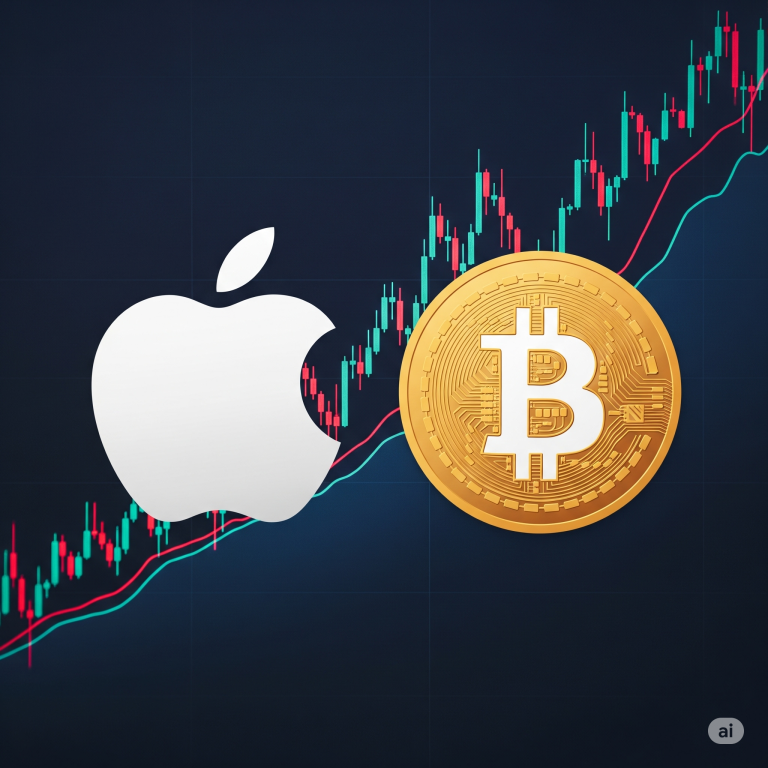In the realm of cutting-edge technology, quantum computing stands out as a revolutionary concept with the potential to redefine the future of computation. Unlike classical computers, which use bits to process information, quantum computers utilize qubits, enabling them to perform complex calculations at unprecedented speeds. This blog will explore the fundamentals of quantum computing, its current state, and the promising future it holds.
Understanding Quantum Computing: Quantum computing harnesses the principles of quantum mechanics, particularly superposition and entanglement, to process information.
Superposition: In classical computing, a bit is either 0 or 1. However, a qubit can exist in multiple states simultaneously, thanks to superposition. This allows quantum computers to process a vast number of possibilities at once.
Entanglement: Entanglement is a phenomenon where two qubits become interconnected, such that the state of one qubit instantly influences the state of the other, regardless of the distance between them. This interconnectedness enables quantum computers to solve complex problems more efficiently.

Current State of Quantum Computing

While quantum computing is still in its nascent stage, significant strides have been made in recent years. Companies like IBM, Google, and Microsoft are leading the charge in developing quantum processors and algorithms. In 2019, Google claimed to have achieved “quantum supremacy” by performing a calculation that would be practically impossible for a classical computer. However, practical, large-scale quantum computers are still a few years away, as researchers continue to address challenges like error correction and qubit coherence.
Key Developments of Quantum Computing
- Technological Progress: Quantum computing has made significant strides in recent years, with breakthroughs in quantum supremacy, where quantum computers perform tasks that are infeasible for classical computers.
- Investment and Growth: The quantum computing market is expected to grow from $10.13 billion in 2022 to $125 billion by 2030. Increased investments from both private and public sectors are driving this growth1.
- Commercial Applications: Quantum computing is beginning to find practical applications in industries such as pharmaceuticals, finance, and materials science. For example, quantum simulations are being used to study molecular behavior for drug design
Applications of Quantum Computing:
The potential applications of quantum computing are vast and varied. Here are a few areas where quantum computers could make a significant impact:

Cryptography: Quantum computers can break current cryptographic codes, necessitating the development of quantum-resistant encryption methods.

Drug Discovery: Quantum simulations can model molecular interactions at an atomic level, speeding up the drug discovery process.

Optimization: Quantum algorithms can solve complex optimization problems in logistics, finance, and supply chain management more efficiently than classical methods.

Artificial Intelligence: Quantum computing can enhance machine learning algorithms, enabling more advanced AI systems.
Challenges and Future Prospects

Challenges:
Hardware and Engineering: Developing the physical hardware for quantum computers, including quantum processors, control systems, and error correction mechanisms, presents significant engineering challenges.
Qubit Stability and Coherence: Quantum bits, or qubits, are highly sensitive to their environment. They can easily lose their quantum state, a phenomenon known as decoherence. Ensuring qubits remain stable for long enough to perform calculations is a significant hurdle.
Error Rates: Quantum computers are prone to errors due to environmental interference and imperfect quantum gate operations. Developing robust error correction methods is crucial for reliable quantum computations.
Scalability: Building a quantum computer with a large number of qubits while maintaining low error rates and high coherence is a major challenge. Current quantum processors have a limited number of qubits, and scaling them up is a complex task.
Temperature Requirements: Many quantum computing systems, such as those based on superconducting qubits, require extremely low temperatures (near absolute zero) to operate. This adds complexity and cost to the development and maintenance of quantum computers.
Algorithm Development: Designing algorithms that can fully exploit the capabilities of quantum computers is still an ongoing area of research. Many existing algorithms need to be adapted or completely rethought for quantum computing.

Future Prospects:
- Quantum Supremacy: Achieving quantum supremacy, where quantum computers can solve problems beyond the reach of classical computers, is a major milestone. Although early demonstrations have been made, practical and widespread applications are still on the horizon.
- Quantum Cryptography: Quantum computing will revolutionize cryptography by enabling the development of unbreakable encryption methods (quantum key distribution) and breaking existing cryptographic codes. This will enhance security in communications and data protection.
- Drug Discovery and Material Science: Quantum simulations can model molecular interactions at an atomic level, accelerating drug discovery and the development of new materials. This could lead to breakthroughs in medicine and technology.
- Optimization Problems: Quantum computers can solve complex optimization problems in fields such as logistics, finance, and supply chain management more efficiently than classical computers. This can lead to cost savings and improved efficiency.
- Advancements in AI and Machine Learning: Quantum computing can enhance machine learning algorithms, enabling more sophisticated and powerful AI systems. This could transform industries ranging from healthcare to autonomous vehicles.
- Scientific Research: Quantum computers can tackle problems in fundamental physics, chemistry, and other scientific fields that are currently beyond the reach of classical computers. This could lead to new discoveries and a deeper understanding of the universe.
Conclusion of Quantum Computing
Quantum computing is poised to revolutionize the way we process information, offering solutions to problems that are currently unsolvable by classical computers. As we continue to explore the quantum realm, the future of technology looks brighter than ever. Stay tuned to witness the unfolding of this quantum revolution!
Quantum Computing ✍️
— Physics In History (@PhysInHistory) November 13, 2024
Unlike classical computers that use bits, quantum computers use qubits, which can exist in multiple states at once (superposition). This enables them to solve complex problems much faster, revolutionizing fields like cryptography and AI. pic.twitter.com/HcHZE5hs68
Subscribe to our newsletter!






